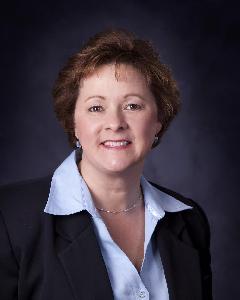12 Suggestions for Parents whose Child is Entering a Regular Classroom
So Your Child has a Hearing Loss: Next Steps for Parents
In order for your child to have a successful mainstream experience, the whole school - from the principal to the physical education teacher to the students - needs to be involved. Most faculty in your neighborhood school will have had little experience with teaching children with hearing loss, and you will find that the level of enthusiasm for working with your child often depends on the
tone set by the principal.
Children should not be placed in a regular neighborhood classroom unless it is fairly certain that they have the skills and background to succeed there. Your child's teacher will need extra support, training, and time to work with auxiliary staff (i.e., a hearing resource teacher, speech/language pathologist).
All of the school faculty, including custodians and cafeteria workers, should be alerted well before the new term begins that your child will be entering school. This helps to ensure that your child's academic year goes smoothly.
Before the school year begins, you and your child should meet with the classroom teacher a few times. As children get older, they can meet with the teacher alone. This will provide an opportunity for you and your child to discuss previous academic achievements, strengths and weakness, as well as information about communication techniques, classroom supports, etc. You can also check to make sure that support staff have shown the classroom teacher how to check a hearing aid, use an FM system, order captioned videos and so forth. Throughout the year, it helps if you provide encouragement to the staff, and maintain some "oversight" as the school year progresses.
All of the staff should be aware of how to best communicate with your child, even though they may interact on a limited basis, such as at assemblies, break time or after-school activities. The students need an orientation, too. This can be handled tactfully, giving them a sense of participation rather than making it seem like a burden. Most people want to be helpful, if they know what to do. If your child and the teacher feel comfortable, it is often helpful for the teacher to give a unit on communication
awareness, introducing the concept of hearing loss, its effect on communication, and information about exciting technology, such as captioned videos, relay systems and hearing technology. The overall goal for success is to achieve commitment and enthusiasm, emphasizing the fact that good communication techniques will benefit all students, not just the child with a hearing loss.
For more information on partnering with mainstream teachers, contact AG Bell to request a free copy of our brochure titled title="How to Have a Winning Year Teaching Your Student with Hearing Loss" target="_blank" href="http://209.41.163.85/information/brochures_have_win.cfm">How to Have a Winning Year Teaching Your Student with Hearing Loss.
© 2011 by Alexander Graham Bell Association for the Deaf and Hard of Hearing


